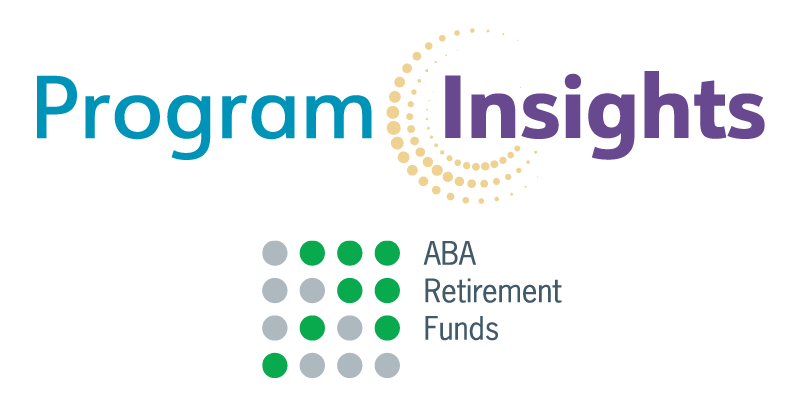
You’ve worked hard to create a good life but if you died tomorrow, who would inherit the spoils of your success for your ABA Retirement Funds Program (“Program”) and IRA accounts? Do you know the risks of naming a minor as a beneficiary? Or what happens if you don’t name a beneficiary at all? Learn those things and more below.
Understanding Beneficiaries
A beneficiary is a person/people or entity (such as a trust, charity, etc.) that receives the death benefit payment when a retirement plan participant passes away.
First Choice:
Your primary beneficiary can be one person or multiple people. They are first in line to receive this death benefit. The percentage interests of all primary beneficiaries must add up to 100%. If one primary beneficiary predeceases you, the other(s) will take their share.
Second Choice:
Your contingent beneficiary/beneficiaries will receive the death benefit if all primary beneficiaries predecease you. The percentage interests of all contingent beneficiaries must add up to 100%.
None of the above:
In most cases, if you do not name a beneficiary, the death benefit will paid in an order (such as spouse, children, parents, siblings) that has been defined the plan document. Either way, if you do not name one, you do not get to decide.
Some Important Considerations
![]() Before you name a child as beneficiary know that most retirement plans won’t pay the proceeds to minors. Money will be paid to the guardian or surviving parent under the minor’s Social Security Number. Even if naming a minor is allowed, there may be additional court documentation needed.
Before you name a child as beneficiary know that most retirement plans won’t pay the proceeds to minors. Money will be paid to the guardian or surviving parent under the minor’s Social Security Number. Even if naming a minor is allowed, there may be additional court documentation needed.
![]() Before you name someone with special needs as a beneficiary know that it could impact any government benefits he or she may currently receive. Consider consulting a legal advisor to create a special-needs trust that may help properly protect your beneficiary over the long-term.
Before you name someone with special needs as a beneficiary know that it could impact any government benefits he or she may currently receive. Consider consulting a legal advisor to create a special-needs trust that may help properly protect your beneficiary over the long-term.
![]() Review your beneficiary list on a regular basis, especially after you have experienced an important life event like:
Review your beneficiary list on a regular basis, especially after you have experienced an important life event like:
-
-
- marriage or divorce,
- childbirth or adoption, or
- the loss of a loved one.
-
Note: If your account in this plan is already designated as a beneficiary account or alternate payee account, plan rules do not permit you to name your own beneficiary. If assets remain in a beneficiary or alternate payee account, the assets can only be paid to that person’s estate upon death.
This information is provided for your education only. Neither Voya nor its representatives offer tax or legal advice. Please consult a tax or legal professional regarding your specific circumstances.



